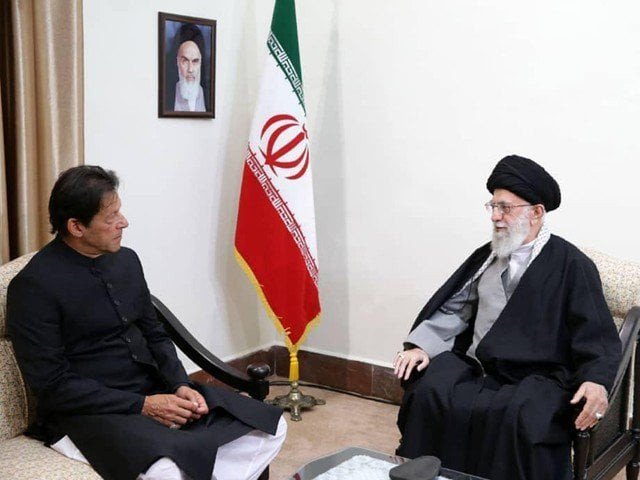Can Pakistan and Iran find common ground?
Pakistan and Iran have a troubled history as far as their bilateral relations are concerned

Pakistan and Iran have a troubled history as far as their bilateral relations are concerned. PHOTO: FILE
Pakistan and Iran have a troubled history as far as their bilateral relations are concerned. But it was rare that the two neighbours publicly pointed fingers at each other. They always used diplomatic channels to sort out their issues. That, however, has not been the case of late. When 27 members of the Iran’s Revolutionary Guards were killed in a suicide attack in February, Tehran took an unprecedented step to publicly blame Pakistan, accusing it of harbouring a militant group thought to be behind the attack. This came at a time when India was making similar claims in the wake of the Pulwama attack in which more than 40 Indian Central Reserve Police Force personnel had been killed.
Pakistan, mindful of the implications of tensions with Iran, reached out to Tehran through diplomatic channels with a message to ease tensions. Iran was conveyed that Pakistan had no interest whatsoever in creating trouble in the neighbouring country. Those contacts eventually led to the telephonic conversation between PM Imran and Iranian President Hasan Rouhani in late March. Imran gave a firm assurance that Pakistan would not allow its soil to be used against Iran.
But as PM Imran was preparing for the maiden trip to Tehran, an alliance of Baloch terrorist organisations gunned down 14 Pakistani security personnel, mostly from the Pakistan Navy, after offloading them from their buses on a coastal highway. The killings took place just days after a suicide attack in Hazarganji area of Quetta had left 20 people dead, mostly ethnic Hazaras. The sudden spike in violence in Balochistan renewed fears of a proxy war. Pakistan suspects that foreign elements, including India, might be using certain proxies to avenge the Pulwama attack. A day before the PM’s departure for Tehran, Foreign Minister Shah Mehmood Qureshi told a news conference in Islamabad that terrorists involved in the Ormara killings were based and trained in Iran. Pakistan also lodged a formal protest with Tehran.
Against this backdrop, the PM visited Tehran. Pakistan and Iran are not involved in any territorial disputes or any major conflict, yet they could not develop a sustained relationship. There still exists trust deficit between the two countries, notwithstanding the usual sentiments expressed by the two governments from time to time that they are bound by history, culture and religion.
Iran suspects that groups like Jaish al Adel are operating from Pakistan with the help of the US and certain Arab countries to destabilise the Persian state. The Iranian allegation that a ‘third party’ is trying to undermine the Pak-Iran relationship is, a reference to those regional and international powers. On the other hand, Pakistan feels that Iran is providing India space to operate from its soil to create trouble in Balochistan. The case of Indian spy Kulbhushan Jadhav was often presented as evidence of that mischief. Iran always denies the charge.
Against this tricky situation, can the two countries still find a common ground? The answer is, yes. Here is the reason: Iran, under renewed US sanctions, cannot afford any hostility in its neighbourhood. Same is the case with Pakistan, which is already facing a difficult situation in dealing with India and Afghanistan. Islamabad, like Tehran, needs new friends. If the leaderships in both countries act maturely, they can certainly develop a relationship, one that not only benefits their people but also the region.
Published in The Express Tribune, April 29th, 2019.
Like Opinion & Editorial on Facebook, follow @ETOpEd on Twitter to receive all updates on all our daily pieces.












COMMENTS
Comments are moderated and generally will be posted if they are on-topic and not abusive.
For more information, please see our Comments FAQ